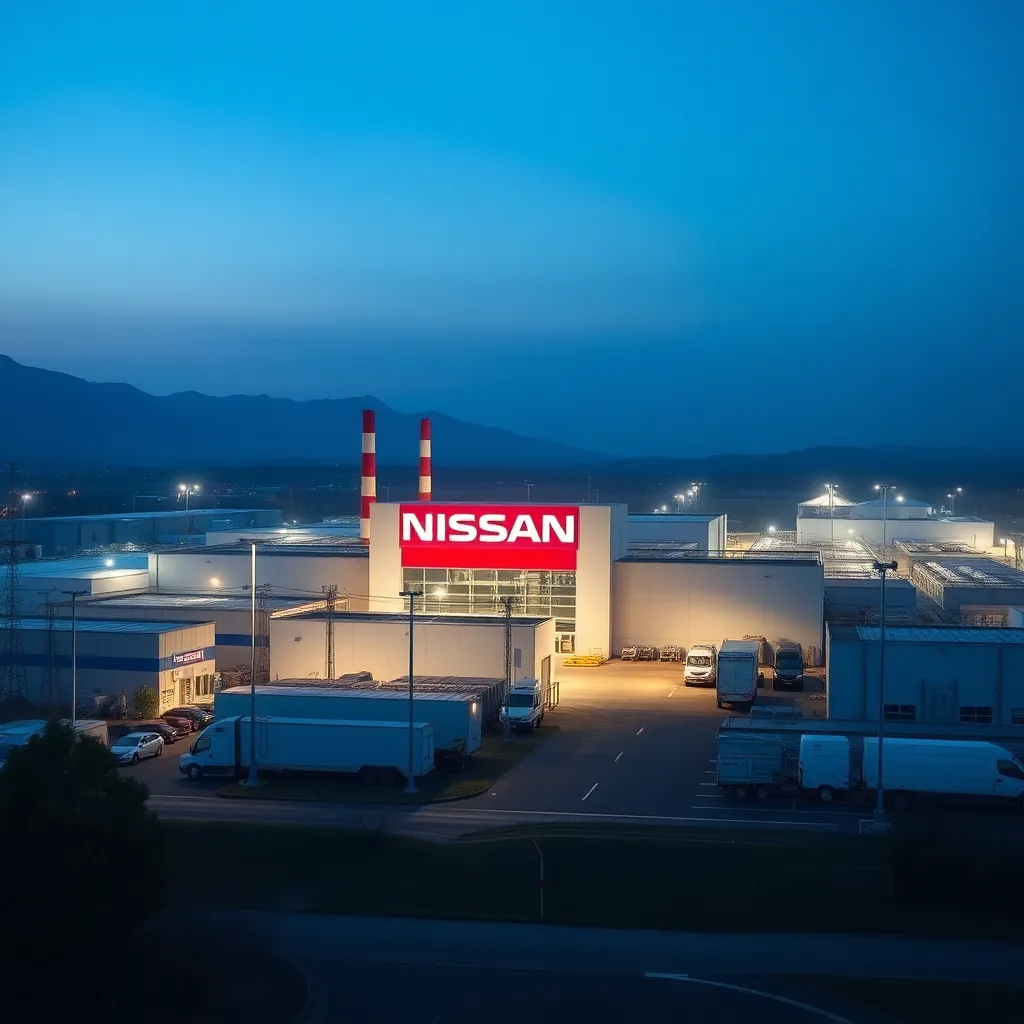
In a move that could have significant implications for the automotive industry, Nissan Motor is reportedly considering transferring some of its domestic production to the United States, according to a recent report by Nikkei.
The Japanese automaker has been exploring ways to reduce its dependence on global supply chains and mitigate the impact of tariffs and trade tensions. By shifting some of its U.S.-bound vehicle production to the American market, Nissan aims to increase efficiency, lower costs, and better align with local demand.
According to Nikkei, the potential shift would involve relocating production facilities from Nissan’s Japanese plant in Yokohama to a new site in the United States. The exact location of the proposed facility is not specified, but it is believed to be under consideration for several states, including Tennessee and Alabama.
The move could have far-reaching consequences for both Nissan and the broader automotive industry. If successful, it would mark a significant shift in Nissan’s global production strategy and demonstrate its commitment to adapting to changing market conditions.
Industry experts note that the decision reflects a growing trend among automakers to diversify their supply chains and reduce reliance on overseas production facilities. The move also underscores the increasing importance of North America as a key manufacturing hub for U.S.-bound vehicles.
“Nissan’s consideration of shifting domestic production to the US is a smart response to the complexities of global trade,” said automotive analyst, Mark Lee. “By locating production in the heart of the market, Nissan can better respond to local demand and reduce its reliance on complex global supply chains.”
However, the shift also raises questions about the potential impact on jobs, labor costs, and the broader economic implications for communities that could be affected by the relocation.
As Nissan continues to evaluate the feasibility of this move, industry stakeholders are watching closely to see how the automaker will navigate these complexities. One thing is certain: if successful, this shift would mark a significant step forward in Nissan’s efforts to adapt to an increasingly uncertain global automotive landscape.






